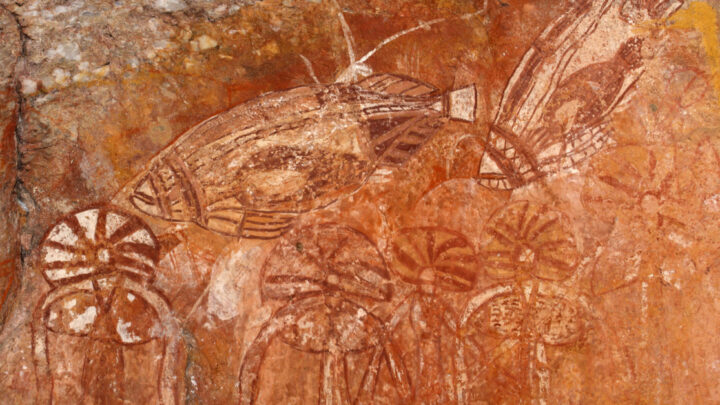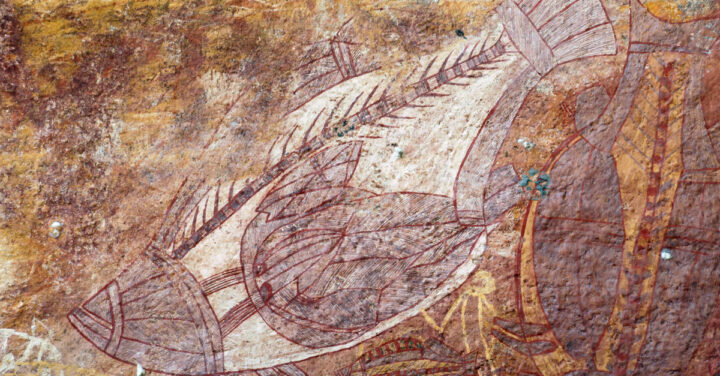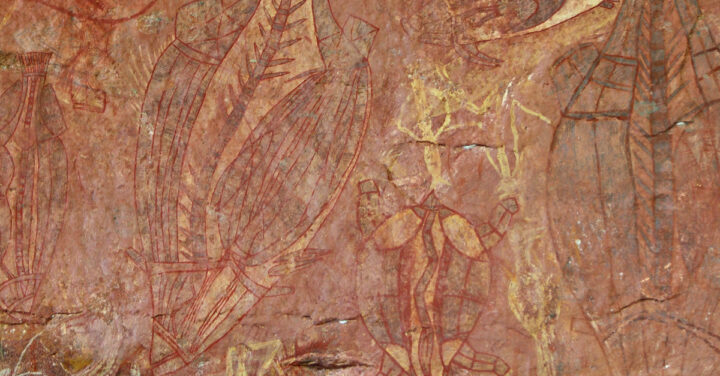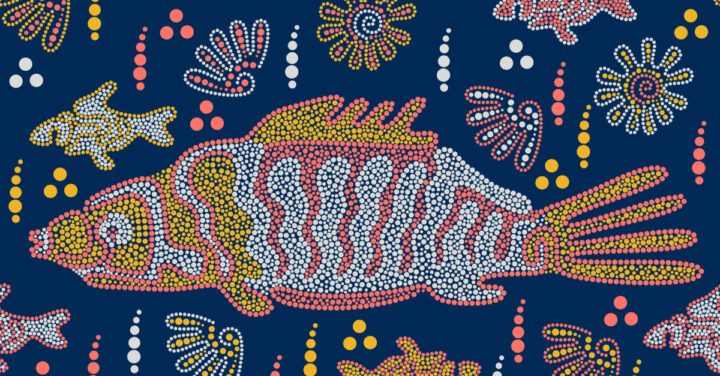By Paul Gregoire: Sydney Criminal Lawyers Blog.
“They’ve been prosecuting our people down here for cultural fishing,” said Wally Stewart. “There is a law that gives us a right to fish, which is section 211 of the Native Title Act. And it’s been Commonwealth law that fisheries have to amend their fisheries acts to accommodate it.”
“All the prosecutions down here are where fisheries have policed our mob under state regulations, choosing to ignore section 211,” the Yuin elder said over the phone from Narooma on the NSW South Coast.
As unbelievable as it seems, in southern NSW, authorities continue to prosecute First Nations people for using their own resources. And not only are cultural fishing rights recognised under federal law, but Aboriginal people have been fishing in this region for tens of thousands of years.
In a joint statement last week, the NSW Council for Civil Liberties, the Nature Conservation Council and Oxfam Australia outlined that despite First Nations people making up just 4 percent of the population on the South Coast, they account for 80 percent of people imprisoned for fishing.
And this situation gets even more Kafkaesque because not only does federal law permit the practice that people are being locked up for, but NSW parliament passed a law reflecting the right to cultural fishing back in 2009, it’s just that the section of the Act has yet to come into power.

Illegitimate imprisonment
“In NSW, they passed cultural fishing in parliament in 2009,” Stewart told Sydney Criminal Lawyers. “Since then, we’ve had over 600 engagements with Aboriginal people and the fisheries officers, and they still choose to ignore the law and our rights.”
“We are saying you are putting innocent people in gaol,” he continued. “They are sending people to gaol who should never have been sent there for cultural fishing, because of that law.”
Passed in December 2009, the Fisheries Management Amendment Bill included new section 21AA that was to be inserted into the Fisheries Management Act 1992 (NSW) (the Act) recognising Aboriginal cultural fishing rights, reflecting the same provision in the Native Title Act 1993 (Cth).
This state law permits First Nations peoples to fish in their own waters, by providing them an exemption from other provisions outlawing the practice for the wider population. However, this law has never come into force. It simply doesn’t appear in the Act.
“If they would have commenced section 21AA when they passed it in NSW, most of these prosecutions would never have happened because cultural fishing would have been recognised,” Stewart added.
Rights denied
Sections 17 and 18 of the Act prohibit fishing outside of the limits set out within the Fisheries Management (General) Regulation 2019 (NSW). And these laws serve to protect the rights of the fishing industry in having the lion’s share of access to life in the sea and the waterways.
NSWCCL president Pauline Wright set out in a letter to NSW agricultural minister Adam Marshall in September that even without section 21AA of the Act being in force, section 287 already stipulates that nothing within it should have any bearing on native title rights or interests.
“Approaching and taking Aboriginal people’s fish when they are fishing in accordance with their laws and custom is also a breach of their fundamental human rights,” she writes, going on to list the rights contained in the International Covenant on Civil and Political Rights that are infringed upon.
The lawyer further points out that despite having these rights under international and domestic law, NSW authorities are denying them, and rather, they’re convicting Aboriginal people for exercising their rights, which puts them in a position where mounting legal challenges is the only option.
“The burden of defending rights they are entitled to is leading to unacceptable injustice and hindrance to their right to enjoy their custom and source of food,” Wright continues, and she then calls on the NSW government to ensure section 21AA is commenced in law and on the ground.

Precolonial rights
“It’s increasing,” Stewart said of the prosecutions. “The data shows… most of our people who’ve been criminalised down here on the South Coast have been for cultural fishing, and many have been sent to gaol.”
According to the Yuin elder, these bans on First Nations peoples fishing in their own waters commenced in the late 1960s and early 70s, when abalone started being exported to Japan.
Indeed, it’s all about protecting the international fishing industry, as a kilogram of abalone goes for about $170.
And the persecution of First Nations people for fishing continues at the same time as the South Coast Native Title Claim is before the National Native Title Tribunal.
Stewart is one of the claimants, and he explains that the claim covers “south of Sydney all the way down to the Victorian border and it carries three nautical miles out to sea”.
“The evidence coming out of the native title shows that we have a strong connection with our water and resources, and we shouldn’t be getting prosecuted for cultural fishing,” Stewart made clear. “Our mob doesn’t see it as a crime.”
“It nearly destroyed our way of life and nearly severed two generations of cultural fishermen,” he added. “Our mob just kept on going back. But if they didn’t go back, it could have severed our native title rights to the water.”

The non-commenced law
NSW Labor MLC Mick Veitch passed a motion on 24 November, calling on the Perrottet government to finally commence the 12-year-old law to prevent the ongoing incarceration of Aboriginal people for taking food resources that are rightfully theirs.
“The non‑commencement of section 21AA has caused serious issues for Indigenous people in NSW,” Veitch told parliament. And he added that an inquiry has been launched into the matter, which will “focus on why the section has not commenced and the impact of that”.
In seconding the motion, NSW Greens MLC David Shoebridge outlined that First Nations people are being prosecuted for taking a couple of kilograms of abalone whilst “the commercial industry takes 50 tonnes or more”.
Shoebridge pointed to footage of an incident that recently featured on the ABC that saw a Fisheries NSW compliance officer wrestling some abalone out the hands of 74-year-old Kevin Mason in late 2018. The Yuin elder pleads with the officer not to take his food, as he has native title rights to it.
As for Stewart, he’s been lobbying the NSW government to commence section 21AA without any regulations attached to it. And he adds that he wants the inquiry to highlight what the current practice of prosecuting people for fishing their own food sources has done to the local community.
“This is just part of our everyday diet,” the Yuin Nation elder concluded. “We’ve got evidence of 20,000 years of our history of fishing. Then this industry comes along, and the next thing we know, we’re being locked up for something that we’ve done for thousands of years.”


